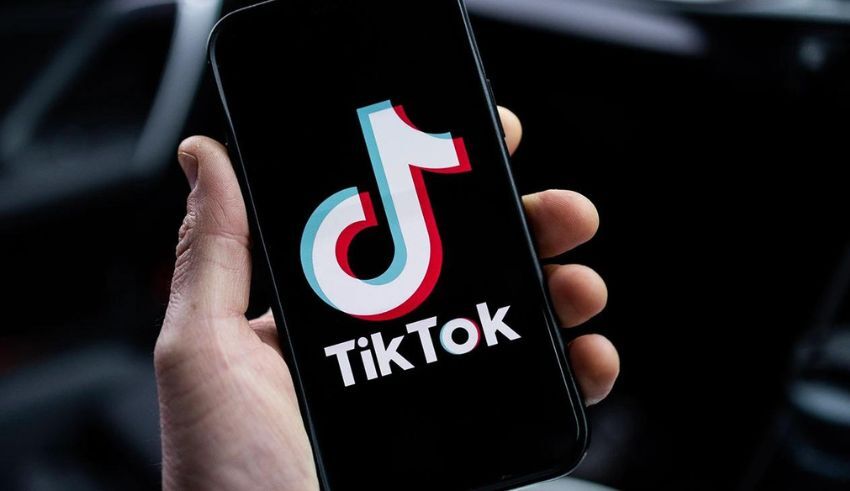
TikTok is under scrutiny in Indonesia as government officials call for the separation of social media and e-commerce activities, citing concerns about monopolistic practices. While TikTok has rapidly gained popularity and played a significant role in the country’s e-commerce sector, regulators are seeking to establish a level playing field for local businesses.
TikTok’s Growing Influence in Indonesia
Over the past year, Indonesian users have spent more on TikTok than any other social media platform in Southeast Asia. TikTok’s e-commerce arm has witnessed remarkable growth since its launch in 2021, capturing a substantial share of the regional market and attracting millions of sellers.
In recent weeks, government officials have voiced their concerns about the blending of social media and e-commerce on platforms like TikTok. Deputy Trade Minister Jerry Sambuaga emphasized the need to differentiate between e-commerce, social media, and social commerce. He expressed dissatisfaction with the lack of regulations in the social media e-commerce space and hinted at impending revisions to trade laws.
What are the changes?
Trade Minister Zulkifli Hasan suggested that revisions to existing laws could require companies to obtain separate licenses for social media and e-commerce activities. Minister of Cooperatives and Small and Medium Enterprises Teten Masduki argued against the combination of social media and e-commerce, warning against the potential emergence of a monopoly.
Keep Reading
What does TikTok have to say?
TikTok Indonesia’s head of communications, Anggini Setiawan, defended the platform’s role in supporting local businesses. She emphasized that nearly 2 million Indonesian businesses use TikTok for social commerce, promoting growth and innovation. TikTok urged Jakarta to create a balanced and fair environment for all participants.
While TikTok faces criticism in Indonesia, other tech giants like Meta (formerly Facebook) also integrate e-commerce features into their social media platforms. The debate underscores the need for clear regulations in the rapidly evolving landscape of social commerce.
Indonesia’s push to separate social media and e-commerce activities on platforms like TikTok reflects concerns about monopolistic practices and the need to protect local businesses. As the debate continues, the challenge for regulators will be to strike a balance that promotes innovation while ensuring a fair marketplace for all stakeholders.




